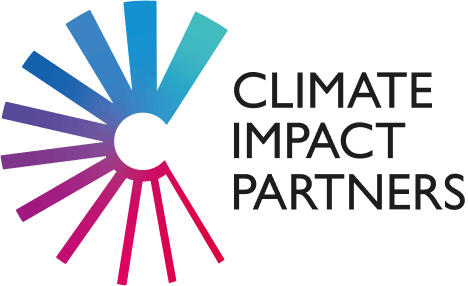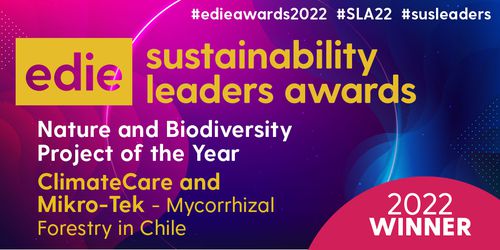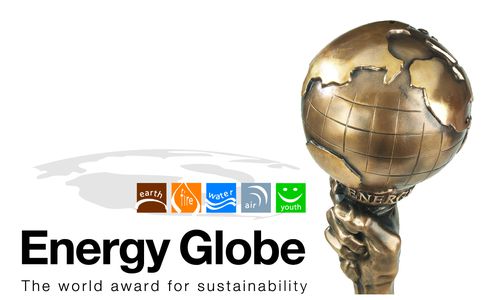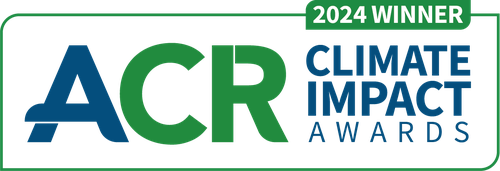The Danjiang River Solar Cookers are designed to improve the indoor air quality and living conditions of 100,000 rural households in the Southwest of Henan Province, one of the poorer regions in China.
The cookers consist of a 1.7m2 parabolic dish, which concentrates solar energy onto a central cooking pot and provides sufficient heat for cooking the local staple food of rice.
Its design is ideal for the local diet and climatic conditions, with ample sunshine throughout the year. The cooker displaces traditional inefficient coal-fired cooking stoves, significantly reducing fuel consumption and indoor air pollution.
Distributing free solar cookers to low income households, bringing health and financial benefits.
The solar cooker is very useful, especially in the summer. We can boil a kettle of water in less than 10 mins. Previously it was not easy for us to buy coalball as we live very far away from the town centre. Now with the solar cooker, it can save us a lot of time and energy.
In addition to delivering emissions reductions to help take urgent action to combat climate change (SDG 13), the project delivers a number of other sustainable development benefits. These include:
- Affordable and Clean Energy: There are 50,000 solar cookers in operation throughout eight townships in the project area helping more than 300,000 people. The solar cookers completely displace older, inefficient fossil fuel-fired stoves through the use of renewable energy. The solar cookers eliminate the need for fuel during much of the year, reducing household expenditure for heating and cooking. Estimated annual savings are RMB 300 (US $50), which is more than 10% of the annual income of the poorest households. The thermal efficiency for a traditional coal furnace is 15%, in comparison to the solar cookers thermal efficiency of 65%.
- Good Health and Wellbeing for People: Displacement of fossil fuel-based stoves with solar cookers bring the additional benefit of reducing indoor air pollution. As up to 58% of black carbon (or soot) emissions come from burning solid fuels for cooking and heating homes. Exposure to this indoor air pollution is a significant risk factor in respiratory-related diseases, particularly for women and children who are most frequently exposed. Exposure to smoke from open fire or inefficient fuels causes 605,000 deaths in China every year.
- No Poverty: Within the project area, the local agricultural bureau invites households to take part in the project via local TV and posters. The bureau typically selects households which use coal as their fuel, have more than two people in the home and have a low or below (local) average income, allowing them to save a significant portion of their annual expenditure.
Our goal is to deliver 1 billion tonnes of emissions reductions by 2030
600+ projects have been supported by Climate Impact Partners
100+ million tonnes of emissions reduced through carbon finance
Delivering towards the Global Goals

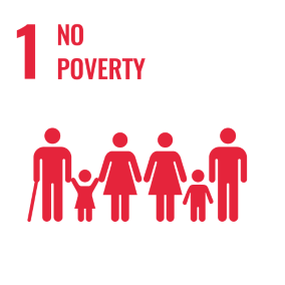
No Poverty
End poverty in all its forms everywhere
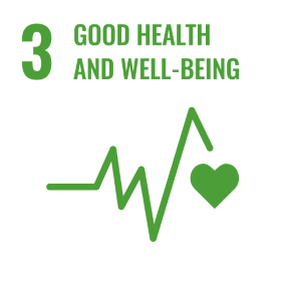
Good Health and Wellbeing
Ensure healthy lives and promote well-being for all at all ages
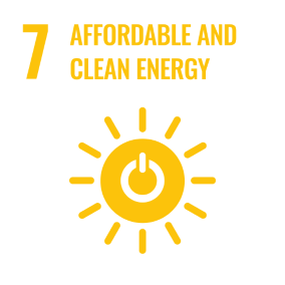
Affordable and Clean Energy
Ensure access to affordable, reliable, sustainable and modern energy
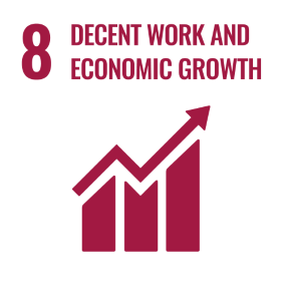
Decent Work and Economic Growth
Promote inclusive and sustainable economic growth, employment and decent work for all
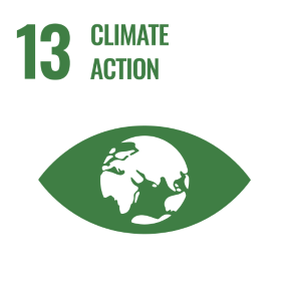
Climate Action
Take urgent action to combat climate change and its impacts


Supporting our projects delivers on multiple UN Sustainable Development Goals (SDGs). You can read more on the Goals below.
Learn more about the global goalsNext Steps

Explore our projects
Explore our range of projects across the globe: nature based solutions, health and livelihoods and sustainable infrastructure.
Explore
Business Solutions
We are the leading solutions provider for carbon offsetting, net zero, carbon neutrality and carbon finance project development.
Read more